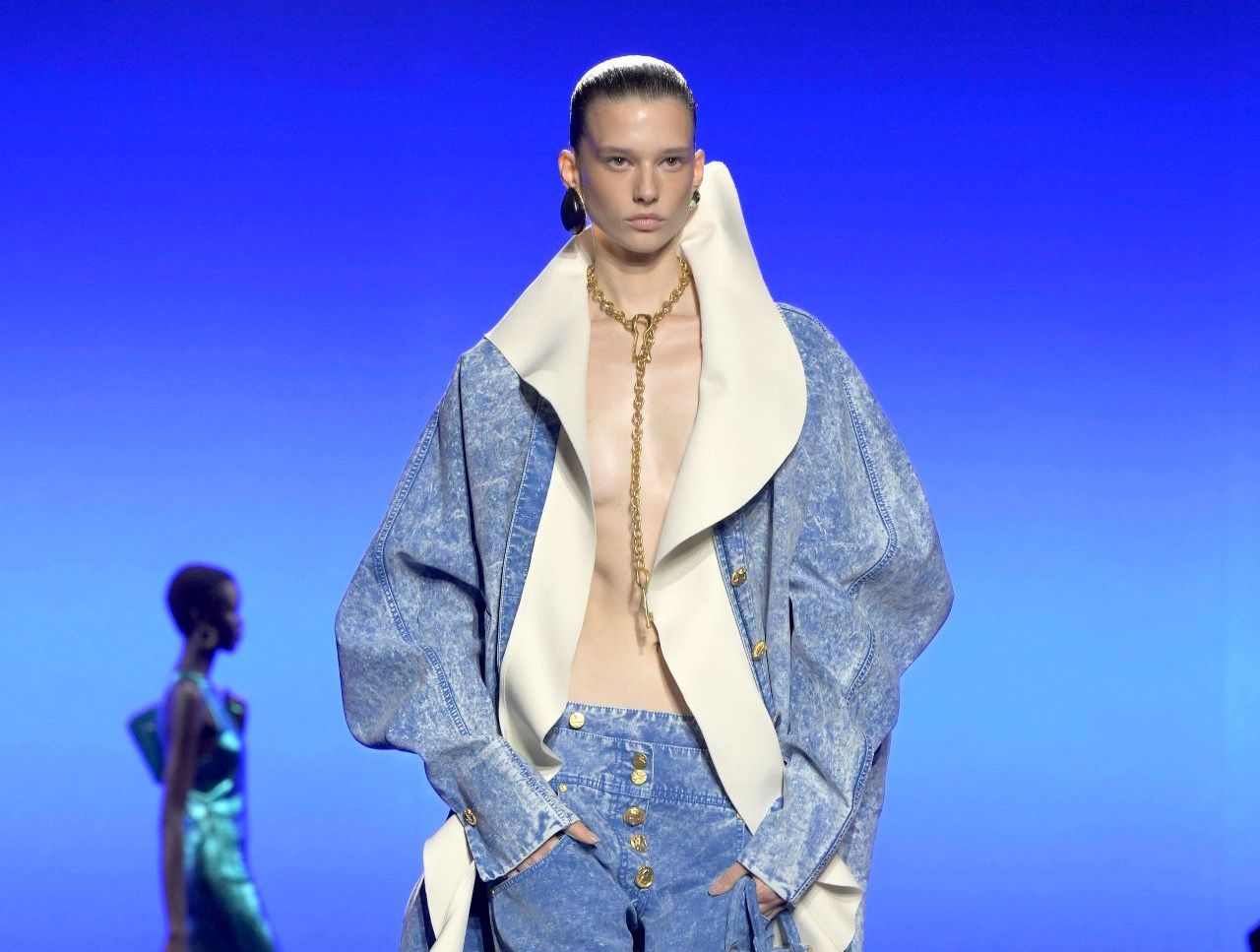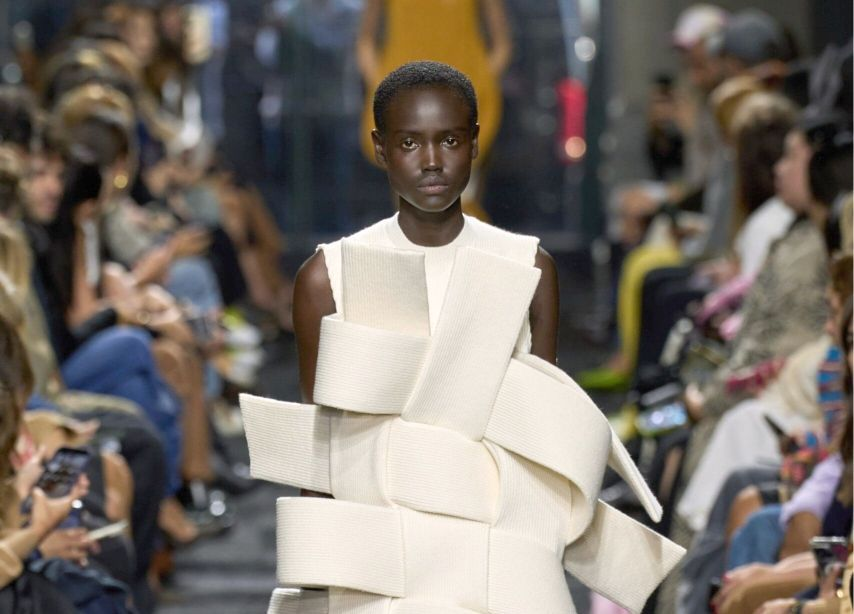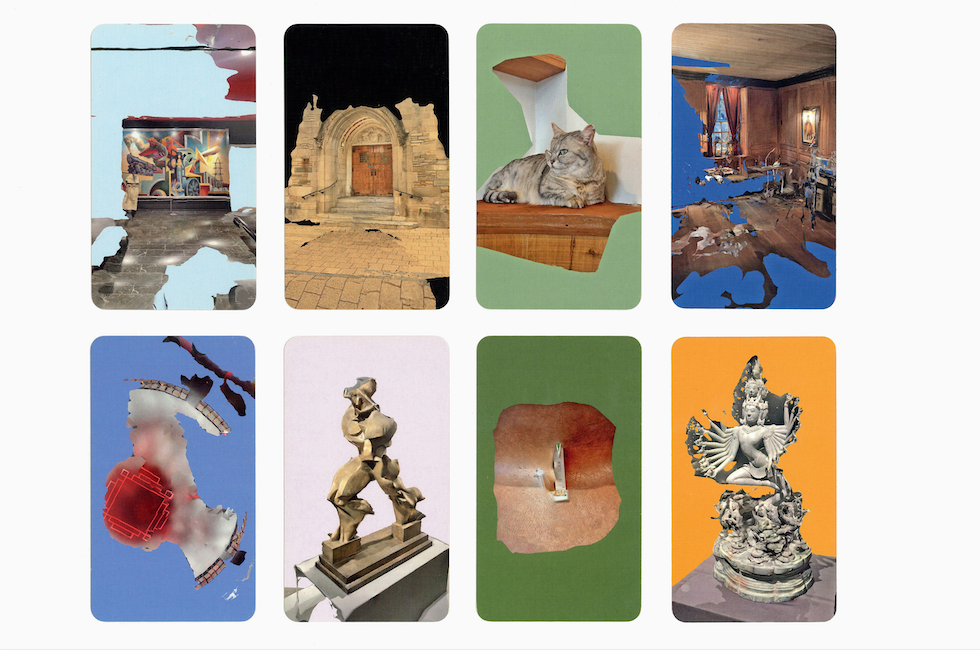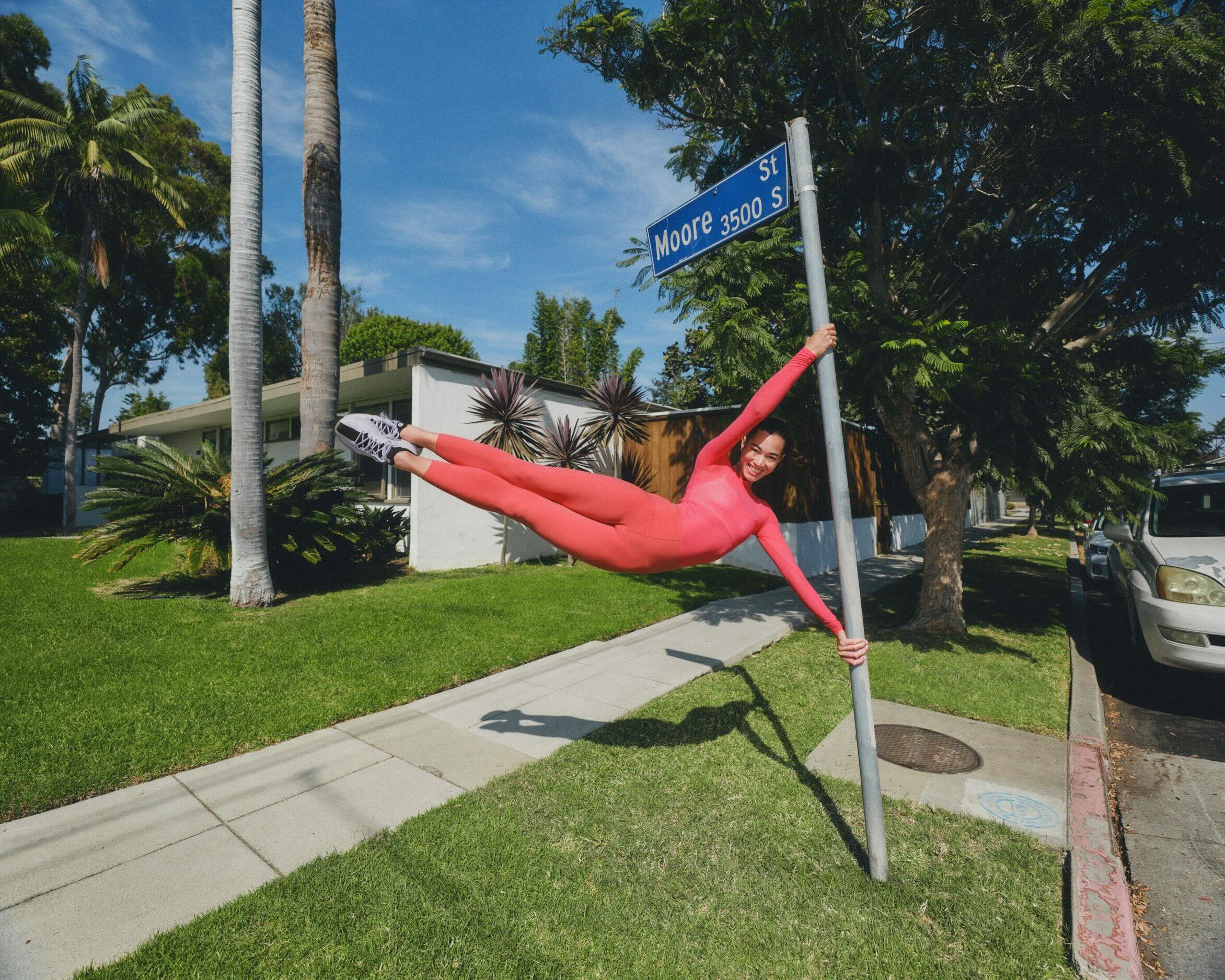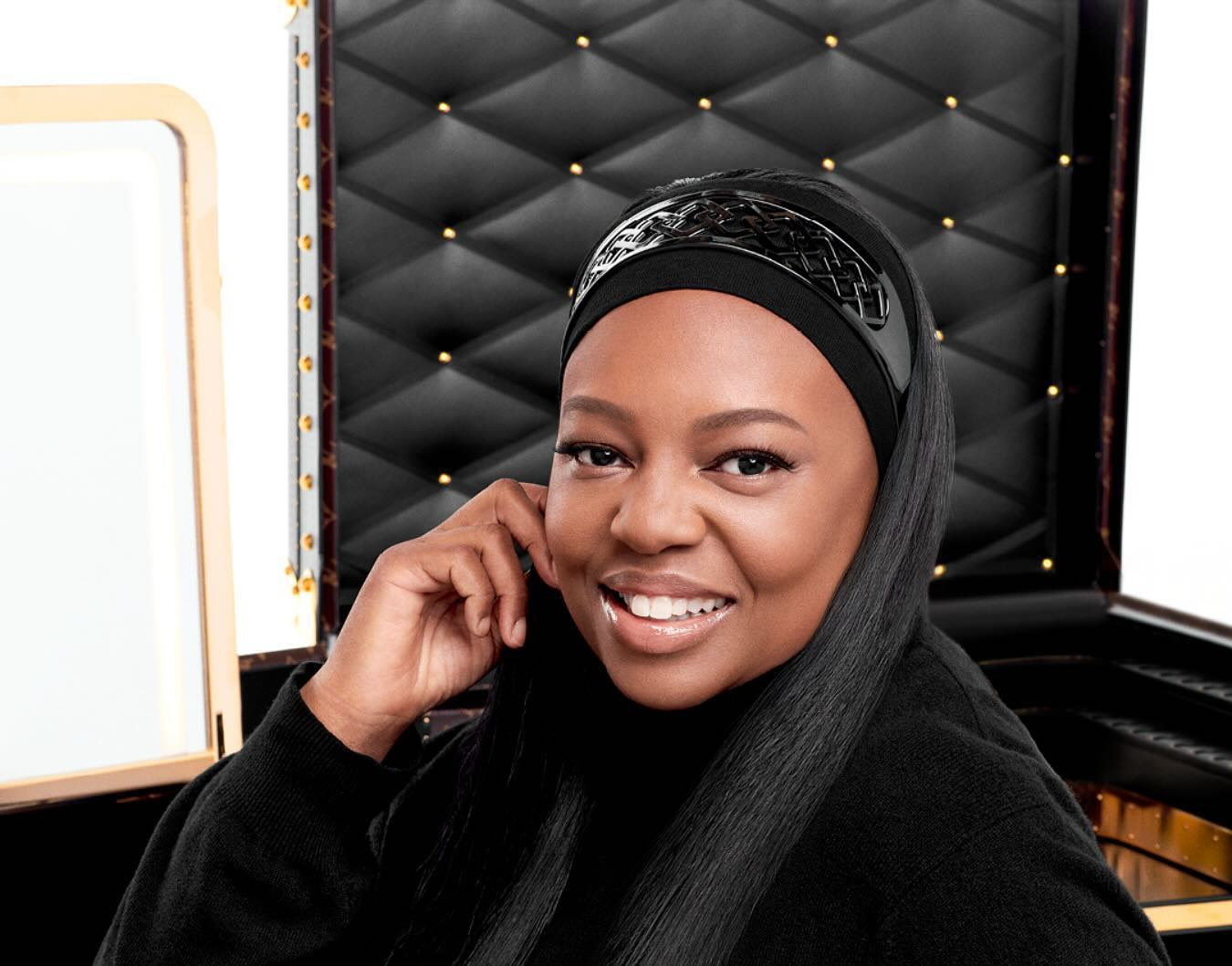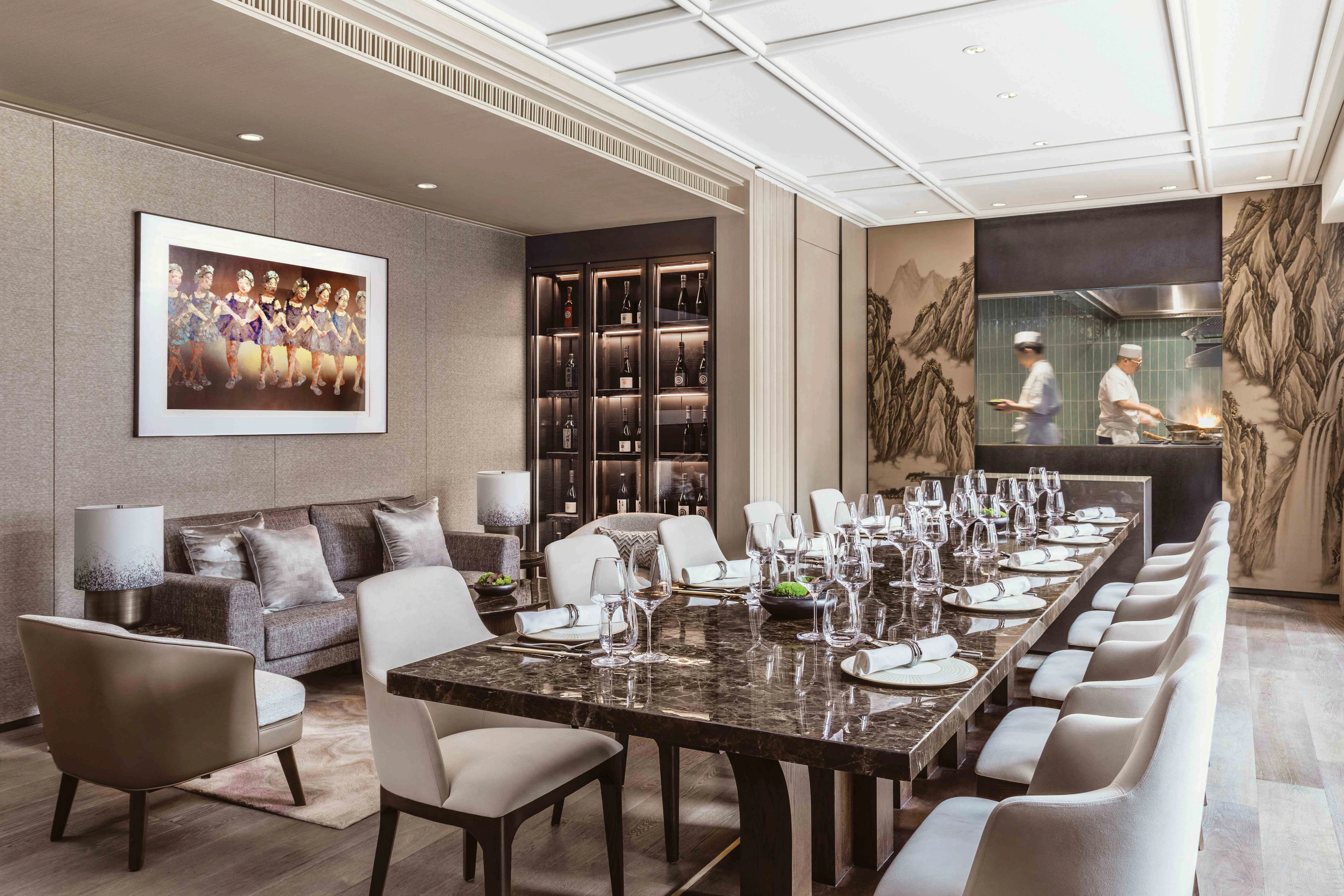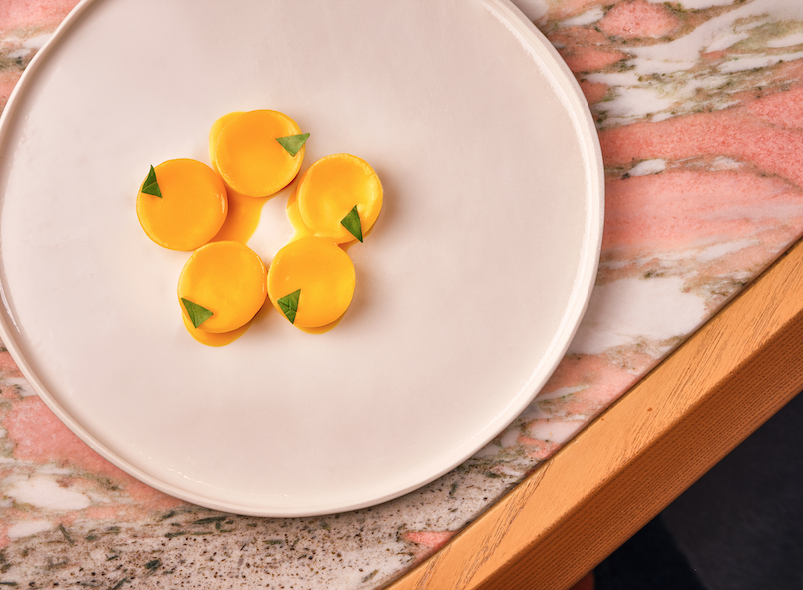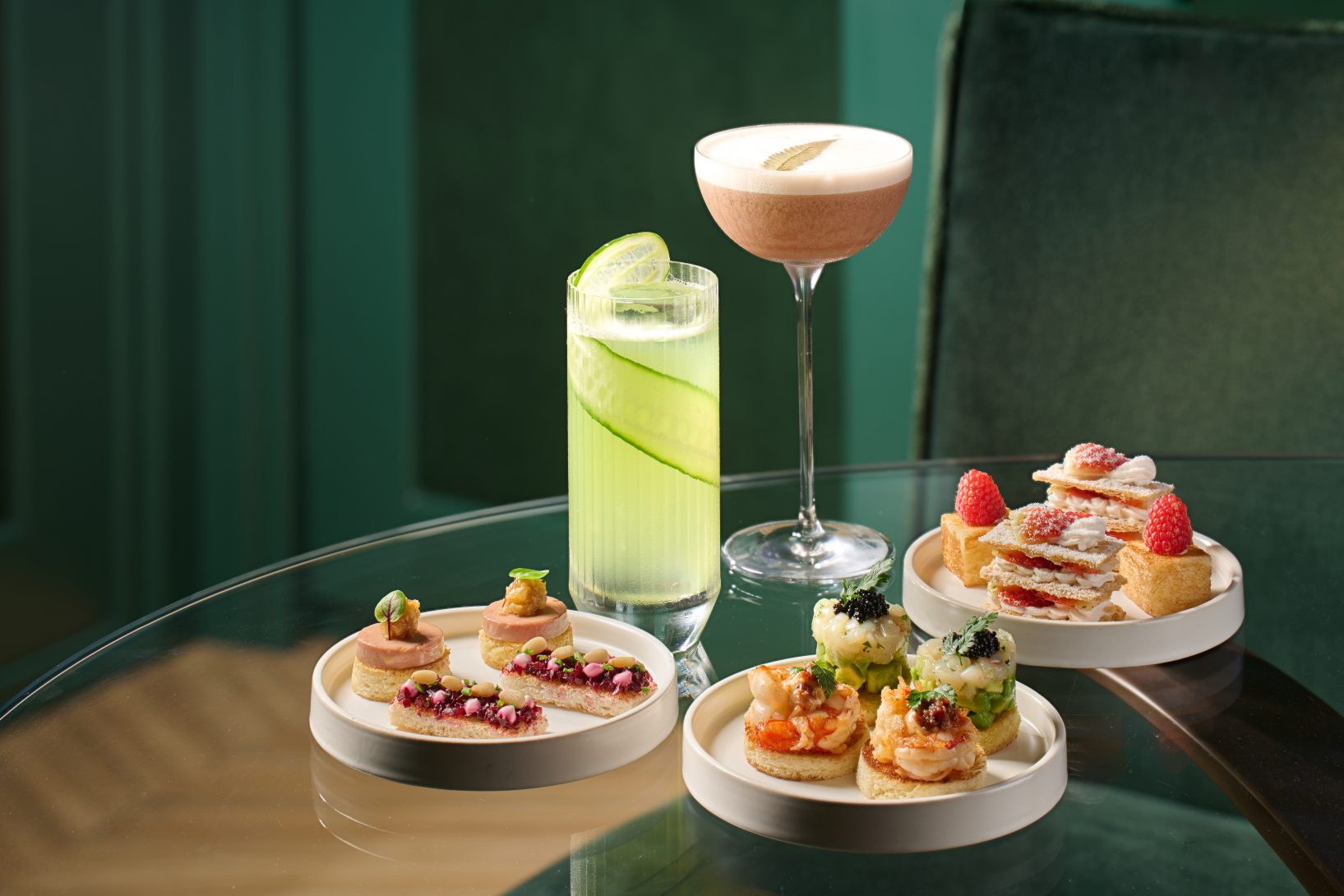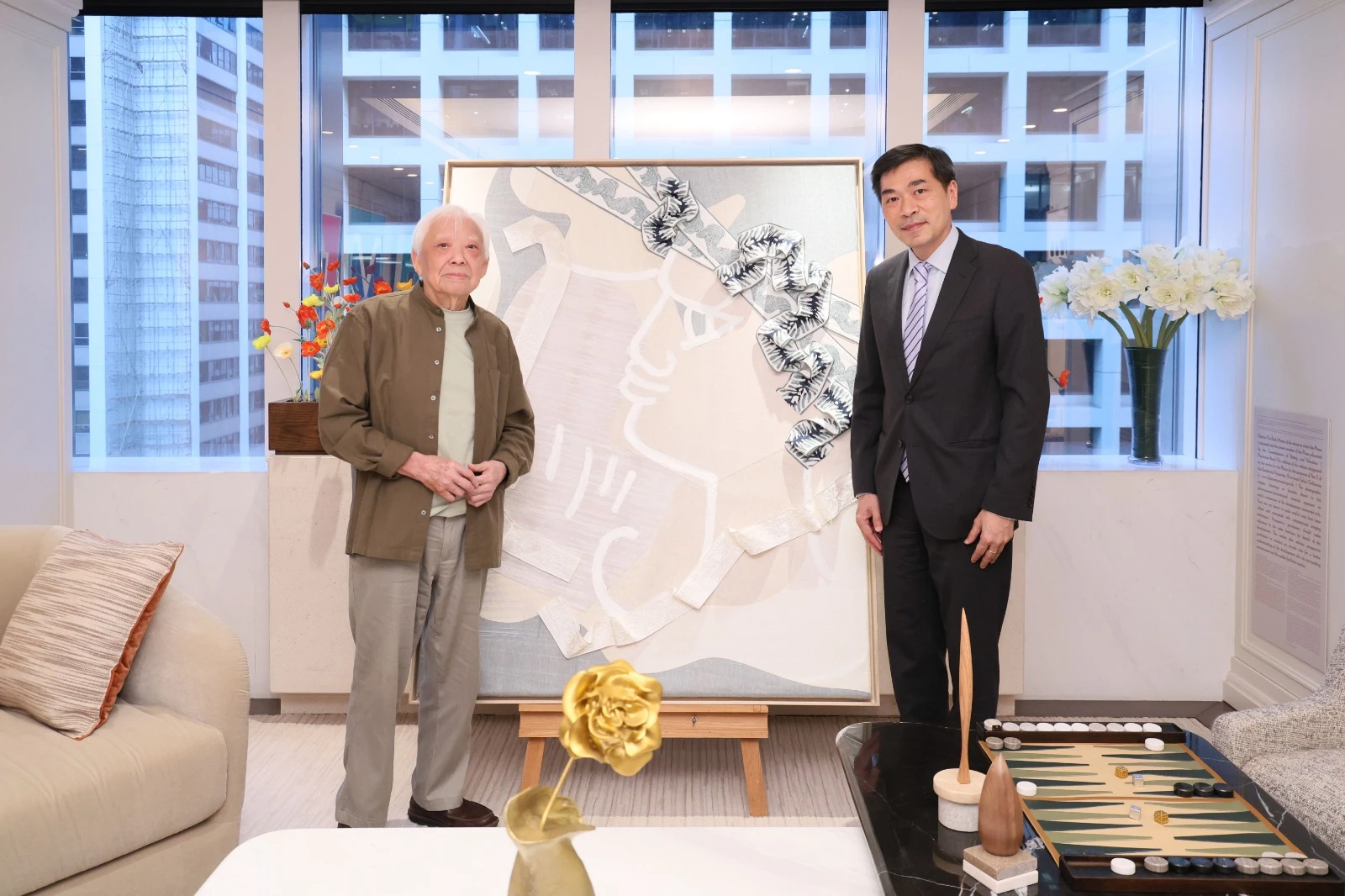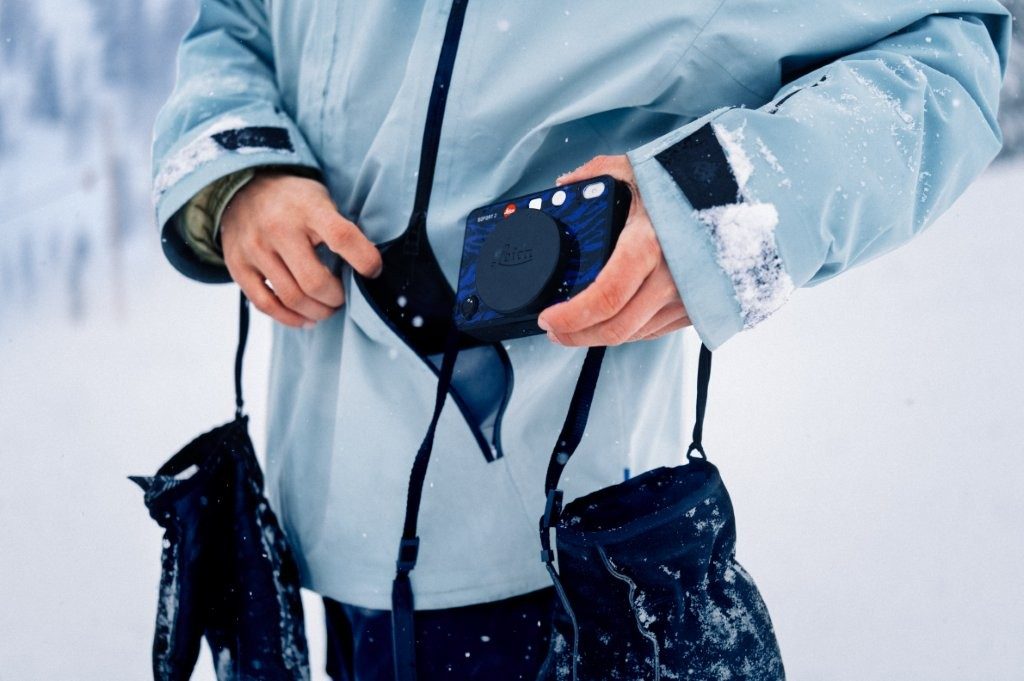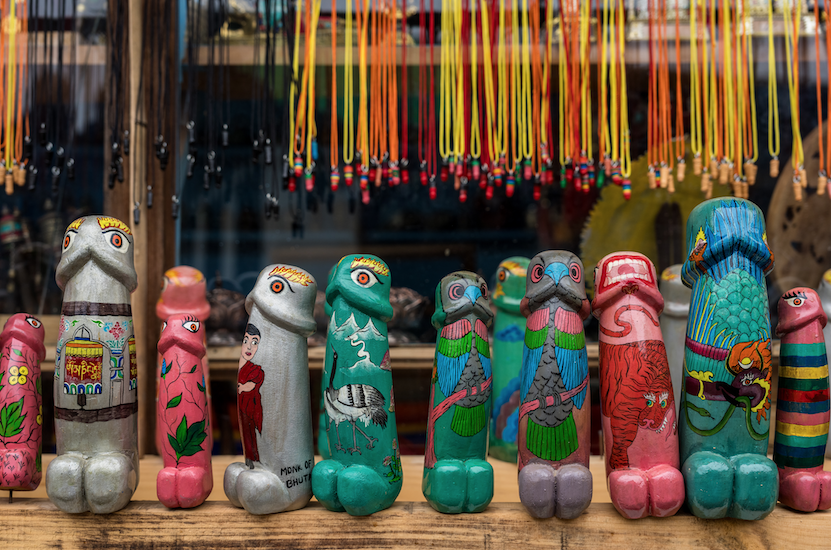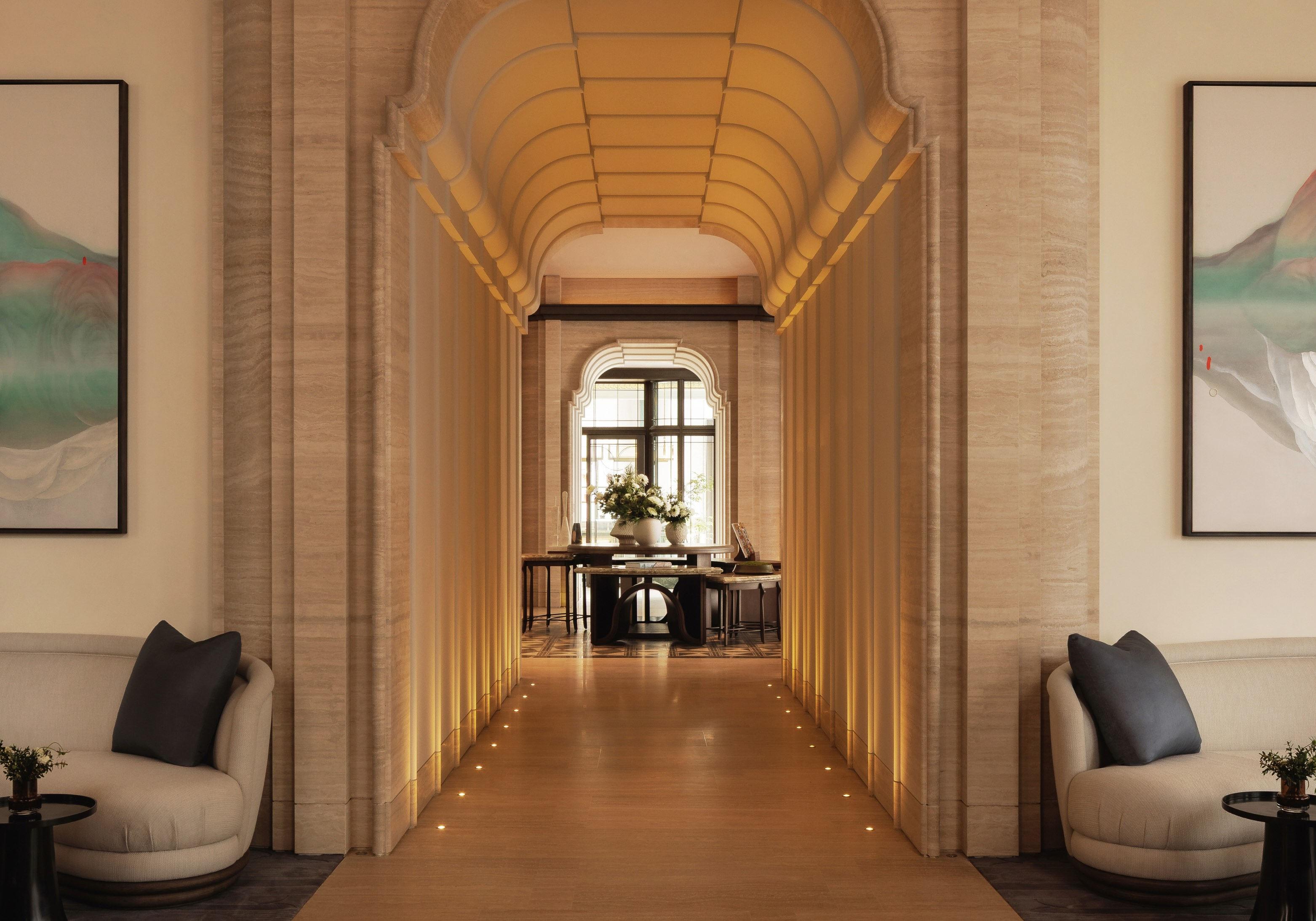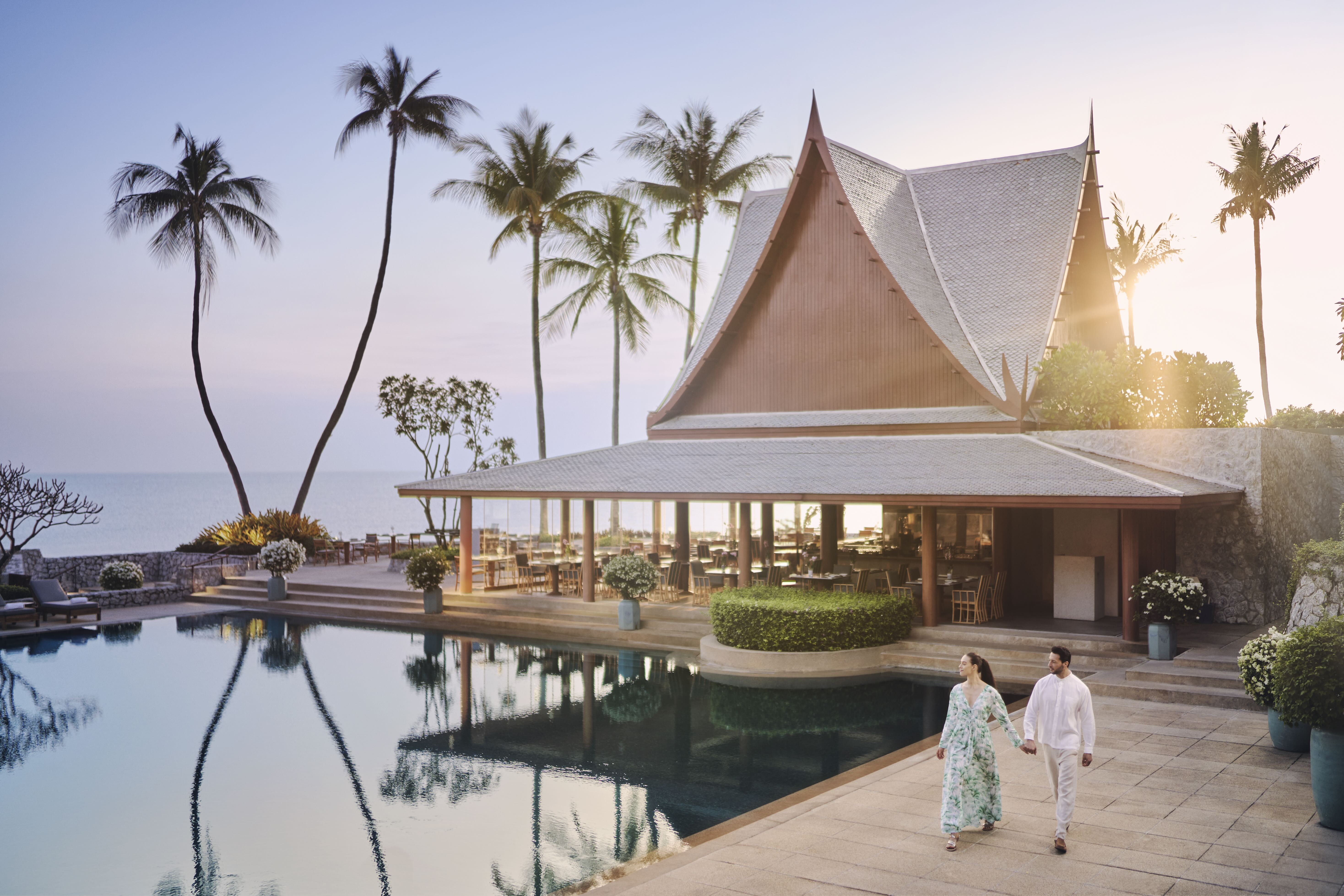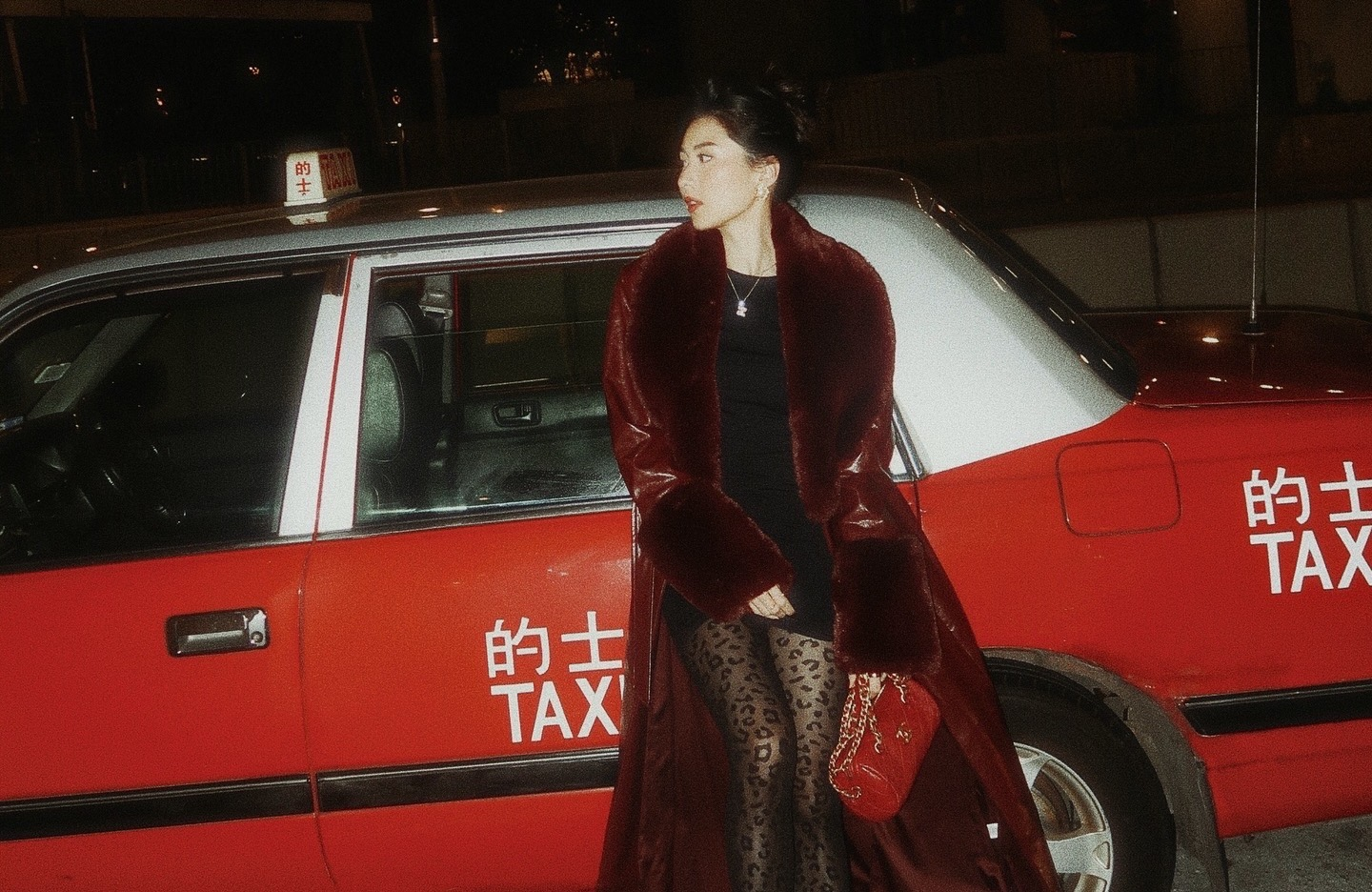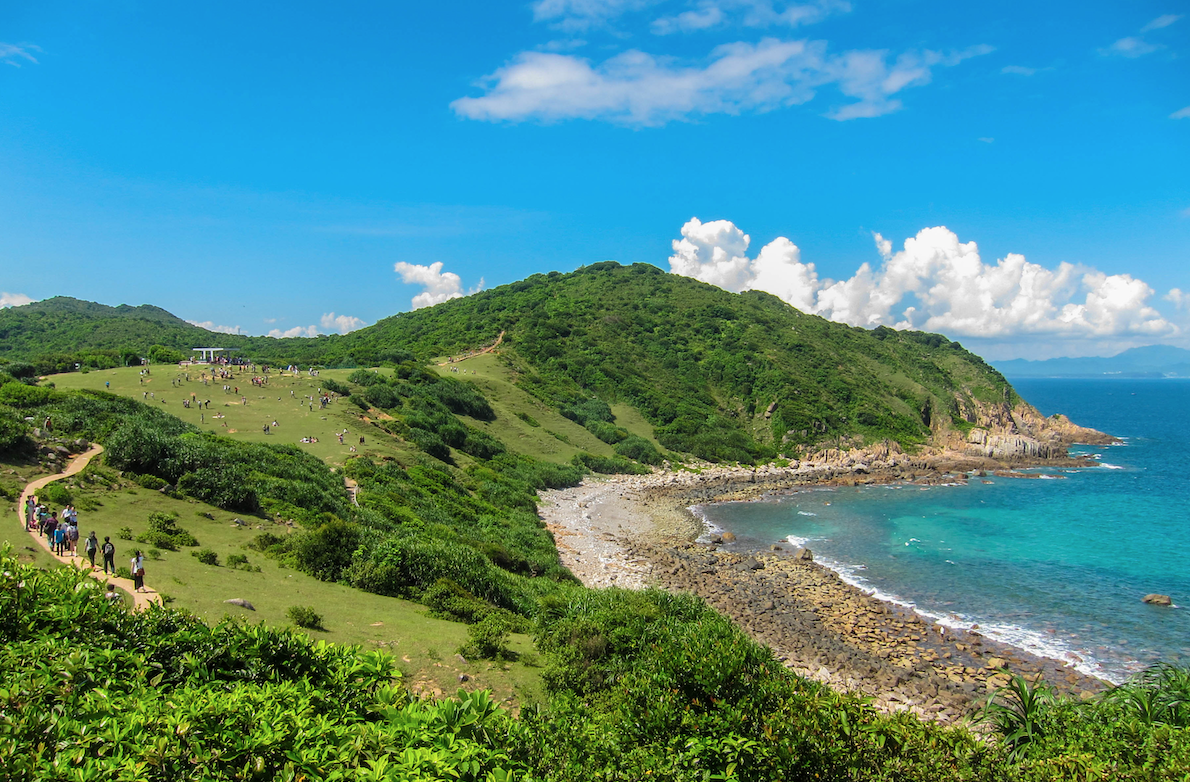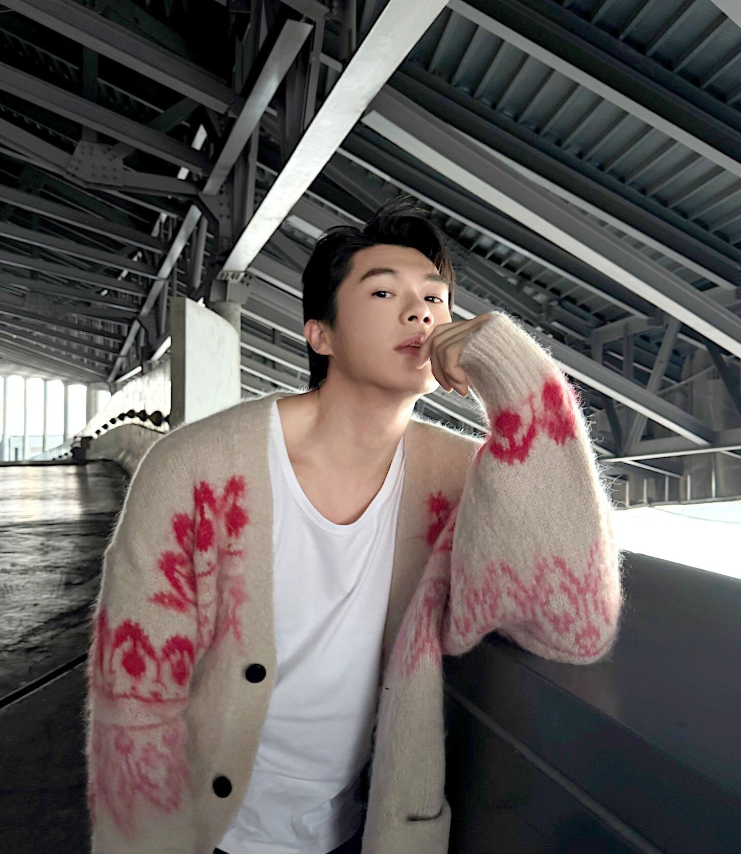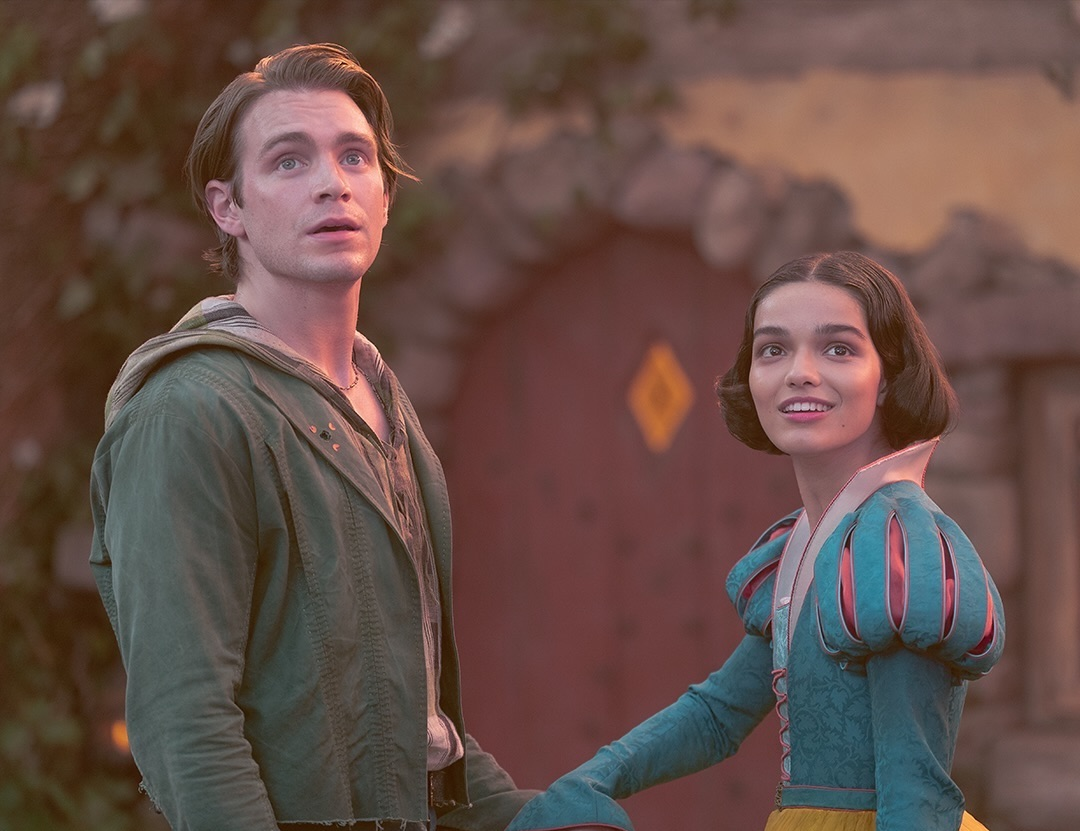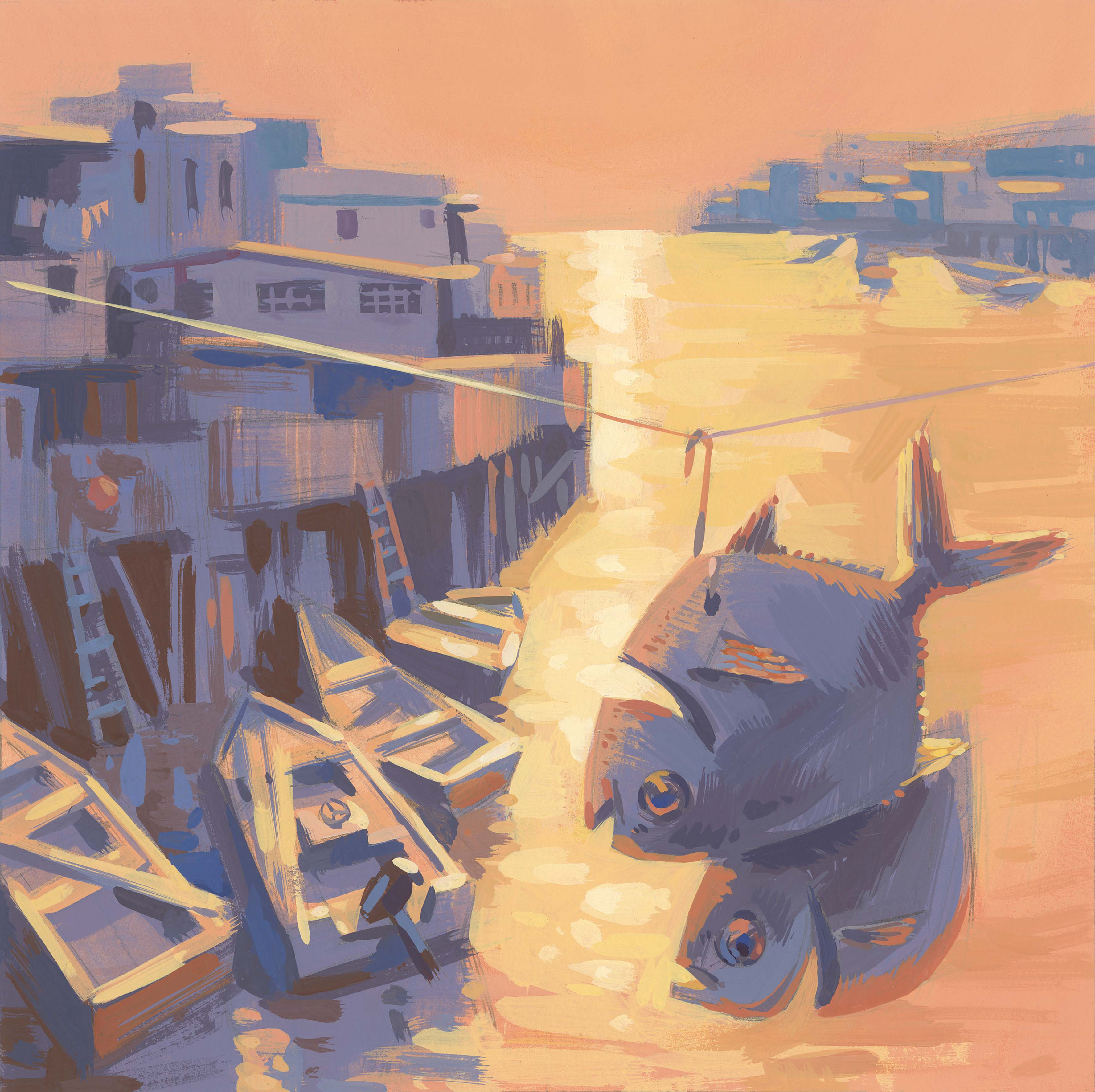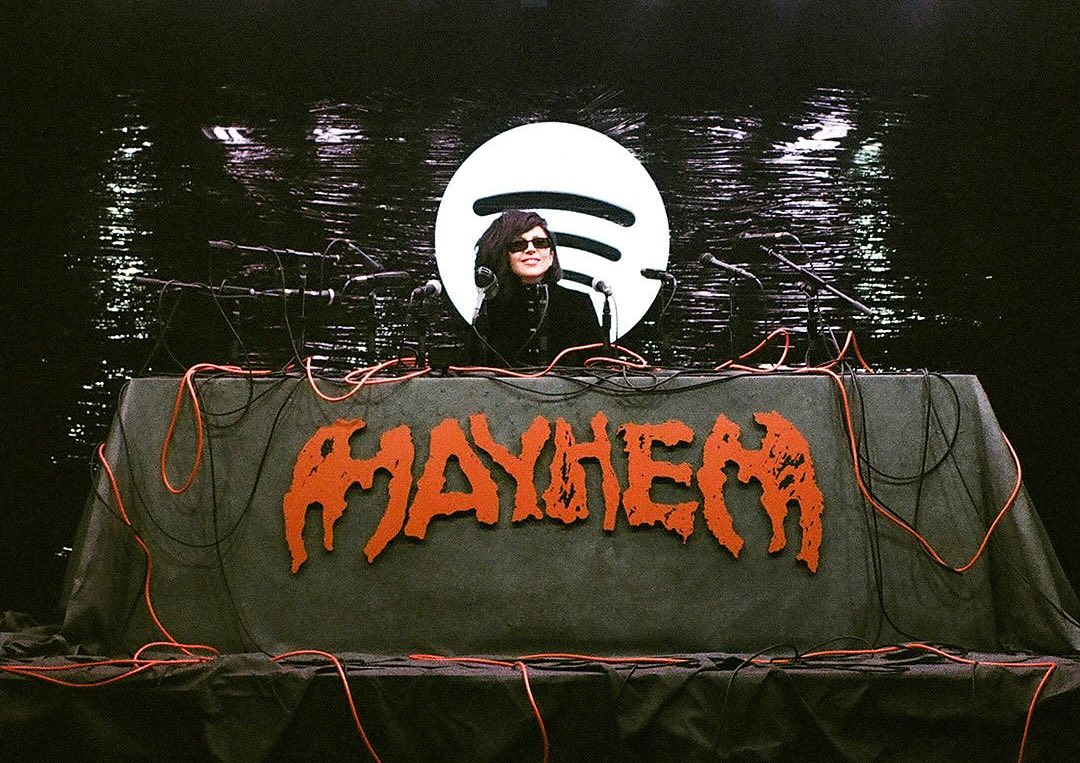The Future Is Female: Tegan Smyth of Table of Two Cities
Mar 09, 2017
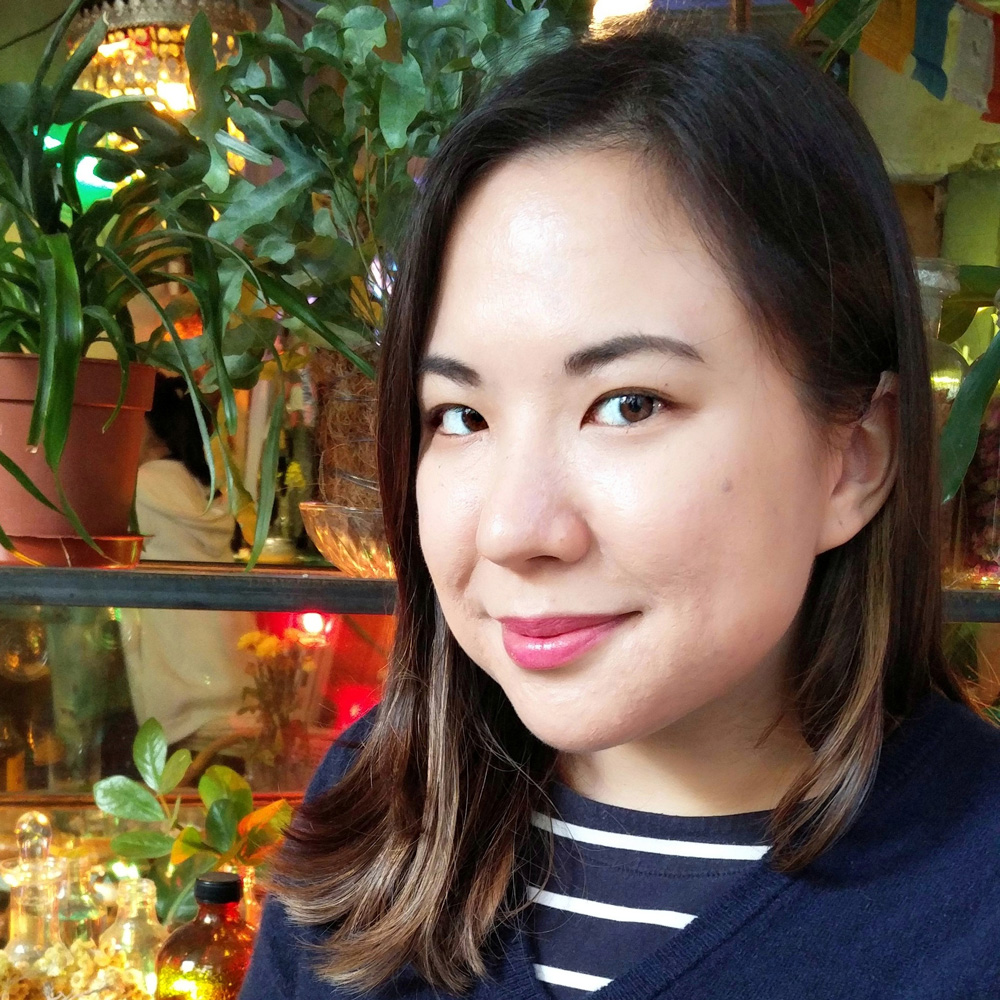
The first instalment of #legend’s The Future is Female series highlights the work of unlikely hero Tegan Smyth. The unassuming Australian at first appears to be your average, third-culture kid. Delve further, however, and it becomes clear she is anything but. Socially minded, and tirelessly passionate, Smyth is the founder of Table of Two Cities, a recently formed organisation that seeks to improve the lives of Hong Kong refugees over shared experiences; namely, through food.
She comes alive when she speaks about the conditions of refugees, displaying unexpected amounts of both passion and rage as she explains their lack of status, and their government-enforced dependence. Table of Two Cities has quickly gone from an idea to a fully realised movement that directly impacts the lives of Hong Kong’s forgotten. Smyth tells us about the process, the organisation, and its future.
Tell us a little bit about Table of Two Cities [TOTC].
Table of Two Cities is a food and story-telling project to give refugees and asylum seekers in Hong Kong a platform to share their culture. Hong Kong is one of the most unequal societies in the world, to the point where the very rich and very poor basically inhabit different cities, as their lived experiences are at such extremes. We hope to bring two sides of the city to one table, through the medium of food. Our long-term goal is to crowd-fund a book of all these recipes and stories, the sales of which will help support refugee and asylum seeker services, particularly the ongoing advocacy efforts of Refugee Union Hong Kong, Hong Kong’s only refugee-led union.
How are refugees treated in Hong Kong?
Refugees in Hong Kong can’t work or volunteer and are frequently the victims of discrimination. They are forced to subsist on a monthly allowance of HK$1,500 per month for rent, HK$1,200 for food, and about HK$500 for utilities and transport. Children are given an allowance of HK$750 for housing. However, Refugee Union has come across people who are given even less welfare than is Government policy.
That doesn’t seem enough to live on, can they supplement that income?
The ‘no work policy’ is the root of many of their problems. Just a few days ago, I was contacted by one of the participants in this project, who came home to a sign on his door telling him that his rent was late by two months. It was a thinly veiled threat that he had to pay up or he would be evicted. He was panicking about how he would get the money to pay for the arrears, since the landlord jacked up the price. Thankfully we were able to help him, but many in similar situations face homelessness.
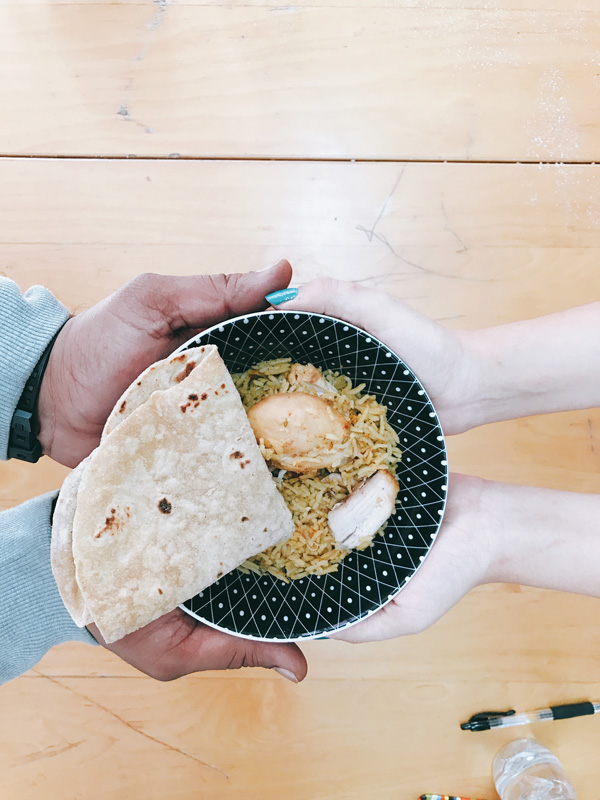
What about the children of refugees, what is their future like?
Refugee children born on Hong Kong soil are not recognised by the government, nor the governments of their parent’s countries. They are stateless and will never hold a HK ID card. They can go to school but the government does not subsidise books or transport, so this is an ongoing issue for the community here. In January, I helped Refugee Union run a donation drive to help 20 kids attend school this term as they all had to pay HKD$914 upfront to the school for books – and that’s obviously money their parents do not get from the government.
How does TOTC benefit the refugee community?
There is nothing more powerful than having your own narrative; and being able to share a story in your own words, but there is no platform for that here. The reporting on the refugee situation in Hong Kong tends to either fuel an anti-refugee agenda or censor what the community is saying.
Why did you decide to make food such a vital part of Table of Two Cities?
The project hopes to challenge what people in Hong Kong think about refugees. I think it’s important to share their stories through a creative medium that is accessible to people who are unfamiliar with the issue. There tends to be a homogenisation of refugees, in a way that doesn’t recognise the distinctness of their backgrounds and cultures. What we are doing is celebrating the cultures of Hong Kong’s refugee community through food. Undeniably, food is an ingrained part of the Hong Kong psyche and it’s a great way to show people about a culture they would otherwise know very little about.
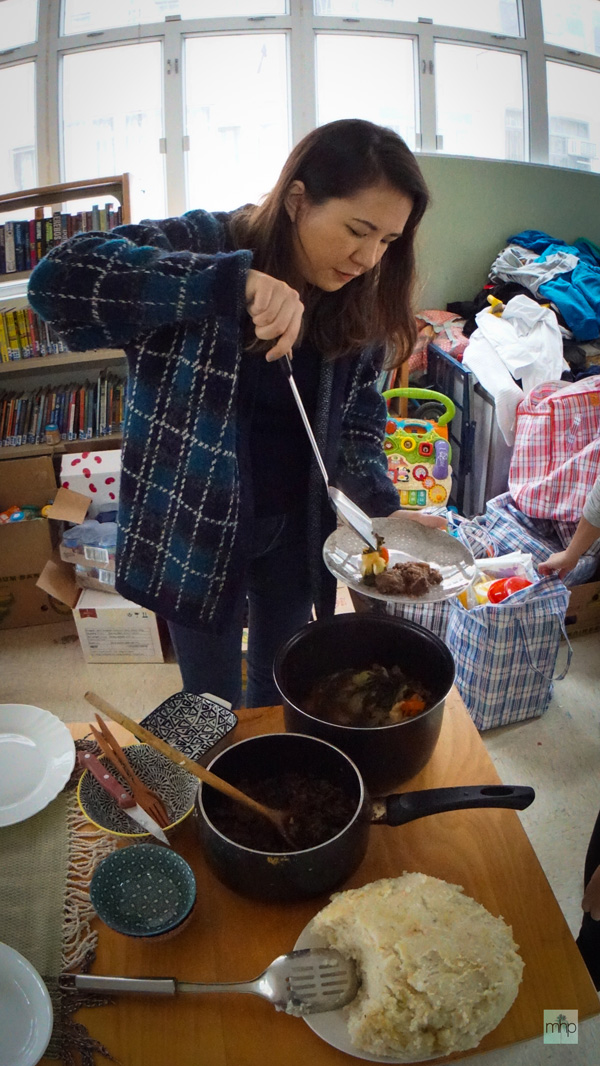
What do you hope to achieve through Table of Two Cities?
It may be overly idealistic but I hope TOTC is the start of many other grassroots initiatives. While the NGO sphere caters for different needs in the community, they can’t do this alone. I’d love for there to be pop-up kitchens where refugees can share their food, similar to what Mazi Mas, Eat Offbeat and Refugee Food Festival do. It’s a bit hard with the ‘no work’ policy but I’m sure it’s on the horizon.
What is the best way for people to help the refugee community?
The most immediate way is to donate pre-loved clothes and items for mothers and babies. Refugees receive ParknShop vouchers as part of their food allowance but things like nappies are hugely expensive for them and very inaccessible. Refugee Union and a few other organisations co-ordinate collections and distribute items within their community.
How can people get involved with Table of Two Cities?
We have just launched a Patreon [a crowd-funding account] to help support the test kitchens and the refugee participants in the project. We’re also always looking for new volunteers!
What does the expression ‘the future is female’ mean to you?
It is a rallying cry for all women and minorities, that do not currently have power and visibility in society. I see it as hopeful for a new generation of kick-ass people that are ready to shake up the status quo.
And finally, who inspired you to ‘shake up the status quo’?
I’m very lucky to have a strong female role-model in my mum. She is a trail-blazer in her career and has always encouraged me to be my own person.
To learn more about Table of Two Cities and read first-hand refugee accounts, visit www.tableoftwocities.com


